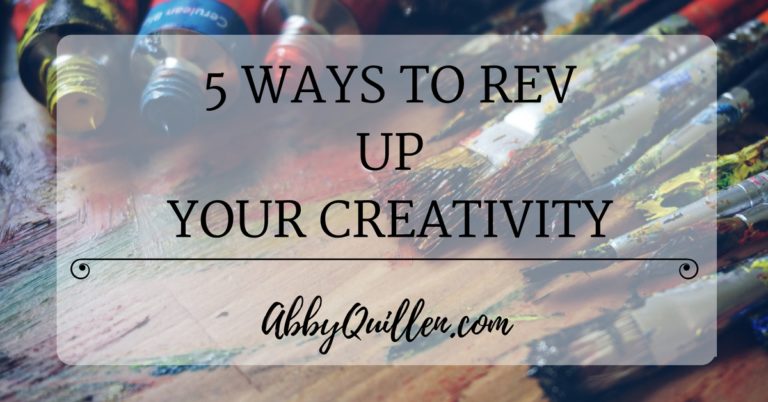13 Aha Moments in 2013
In 2010 and 2012, I shared the magic moments when I heard or read something that surprised or inspired me. Moments that made me say, “aha.” As we say farewell to 2013, I have 13 more for you: Cooking might be the most important factor in fixing our public health crisis. It’s the single most…
